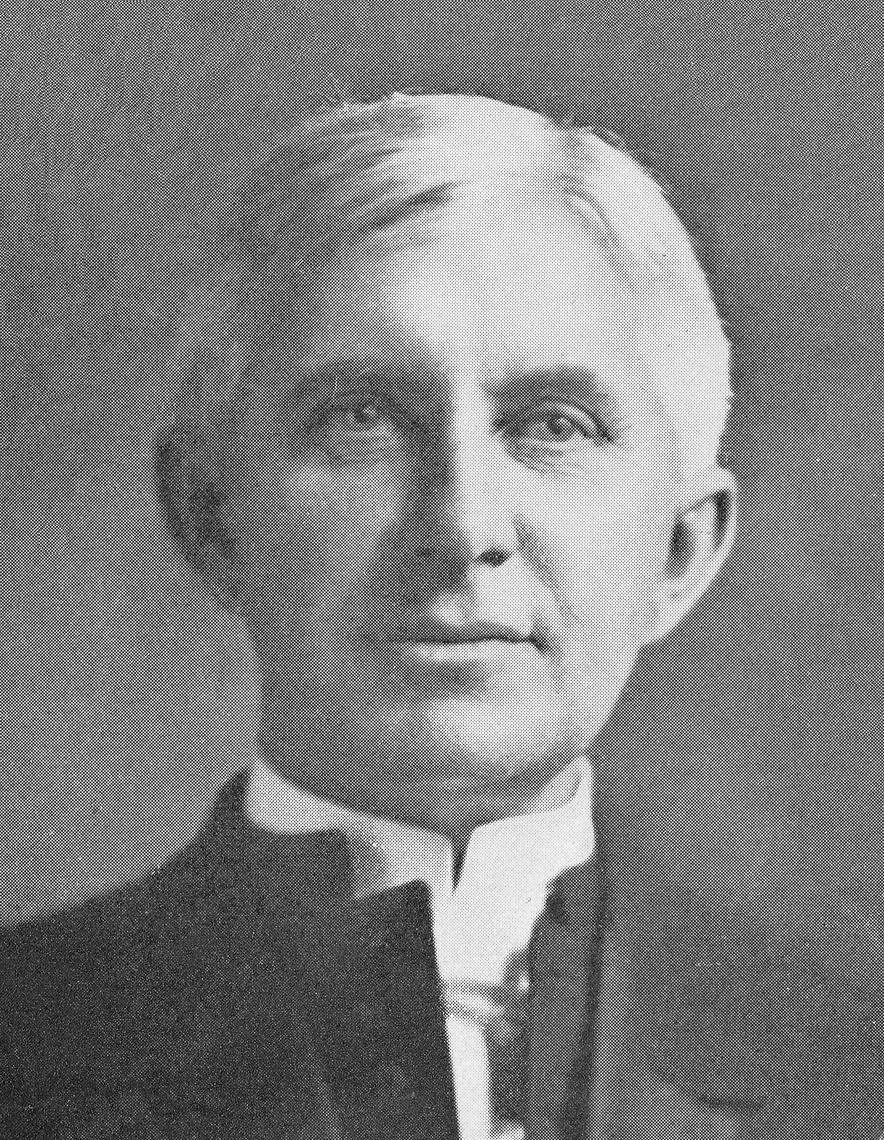
Henry Alexander White was Professor of New Testament Literature and Exegesis in Columbia Theological Seminary, South Carolina from 1903 until 1926. Descended from sturdy Scotch-Irish stock, White was born in 1861 in Greenbrier County in Virginia. He graduated from Washington and Lee in 1885 and from Princeton Seminary in 1889. He married Fanny Beverley Wellford and taught history at his alma mater, Washington and Lee, from 1889 to 1902.
White was engaged in special study at the University of Glasgow when called to Columbia Seminary in 1902. Through the years, hundreds of students, colleagues, and other friends enjoyed the ‘old Southern hospitality’ of Dr. and Mrs. White, whose home in Gibbes Court was ‘an art gallery,’ as the Whites brought back from Europe hundreds of copies or photographs of famous masterpieces.
White wrote books on the history of South Carolina and the Scotch-Irish in America, biographies of Robert E. Lee and Stonewall Jackson, and a work about Southern Presbyterian Leaders 1683-1911 (published by the Trust). He dedicated this book to his wife’s father and uncle, one a ruling elder and the other a deacon in the First Presbyterian Church of Richmond, Virginia—‘worthy types of that efficiency in service, that nobility of character and that purity in thought and purpose that from the beginning have marked the office-bearers in our Southern Presbyterian Church.’
Dr. White gave the principal address at the Tercentenary of the King James Bible in 1911 and delivered the Stone Lectures at Princeton in 1920 on ‘The Gospel of Comfort.’ He died early on Sunday morning, October 10, 1926. The preceding week he had given a series of sermons on the Holy Spirit for the faculty and student body in the seminary chapel. ‘The old Covenanter fighting blood was strong in this sweet and gentle soul on questions of principle,’ First Presbyterian Church elder George A. Wauchope said at the memorial service for White in the seminary chapel. The Memorial Bulletin of Columbia Seminary stated that in an age of growing attacks on the Christian faith, White ‘remained sweet and calm and confident of the truth for which his Church stood.’
David B. Calhoun in Our Southern Zion.
